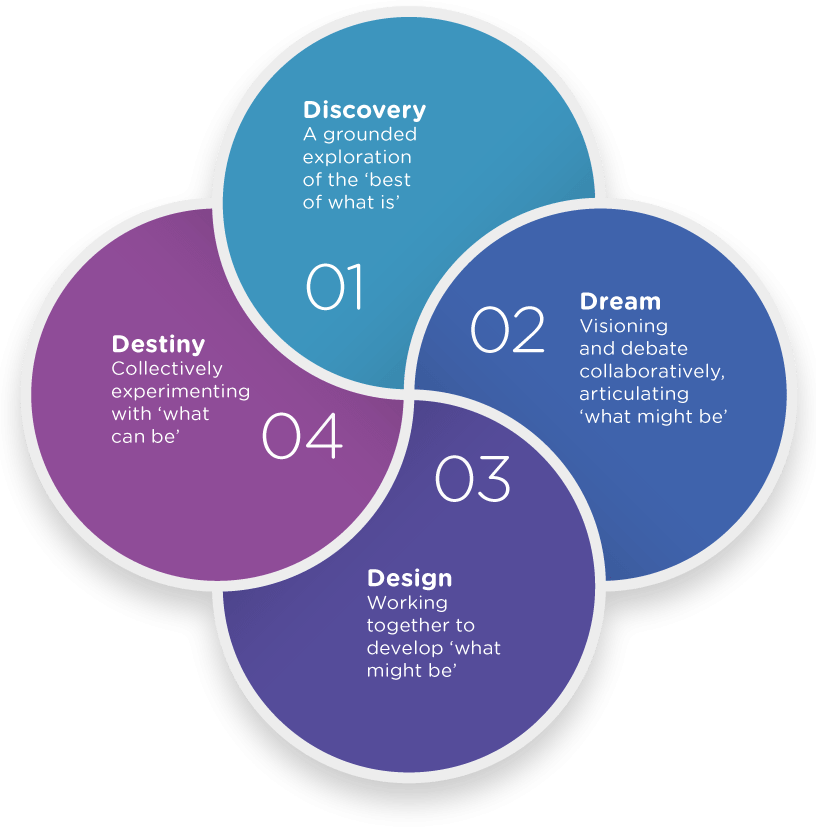There were many things in Benander’s article that resonated with me. As an article in a journal that focuses on the scholarship of teaching and learning, I feel strongly that there is a need to integrate the concept of leadership and organizational behavior into our teaching tool kits.
From a personal leadership perspective, one needs to have the courage to move in with Beginner’s Mind – even for the courses that we already teach. If taking someone else’s course will help remind us of what the experience was like, that could certainly initiate the conversation. If the experts are open to feedback and the students feel that it’s safe to provide that feedback, there could be mutual growth for all parties.
Could it be that we have such identification with roles? I think this question could be integrated with the question of whether or not a class is designed to be learner-centered or teacher-led. The concept of an expert seems to be tied to leadership qualities. When will students learn best – leading from the front or leading from behind may be situational dependent and we may need to learn how to be experts at discriminating the difference – e.g., when does one use which tool from their toolkit?.
And there is an opportunity to leverage the concept of “Both/And” as opposed to “Either/Or” as expressed in the concept of appreciative inquiry (or Yes/And as used in stand-up comedy). There is a similar concept expressed in an article that I shared with my students today. So one can be both an expert and a novice, and it takes being a novice again to remember how your synapses felt those many years ago.
In my current journey, I am feeling that teaching students to be curious might be the most valuable thing I could teach them – whether it’s questioning why something works a certain way or embracing a new way of looking at the problem. This ties in with my overall concerns about education in that we are not educating for the future. As I reflect on my own journey, what I have learned in previous programs may no longer applicable. While it’s critical to gain foundational knowledge – how do we translate that into learning that can be applied cross-functionally? How do we encourage students to understand that their role in the world is to create and add value, not just use resources?
And given the stresses in our environments today, how do we teach both teachers and students to be resilient?
Questions that this brings up for me as an instructor include:
- How could I leverage beginner’s mind in my own courses?
- How could I implement more student-based learning?
- How can I build resilience into the courses I teach?
